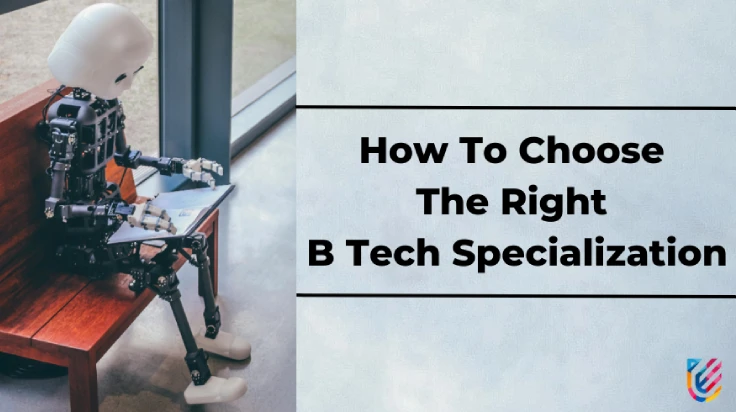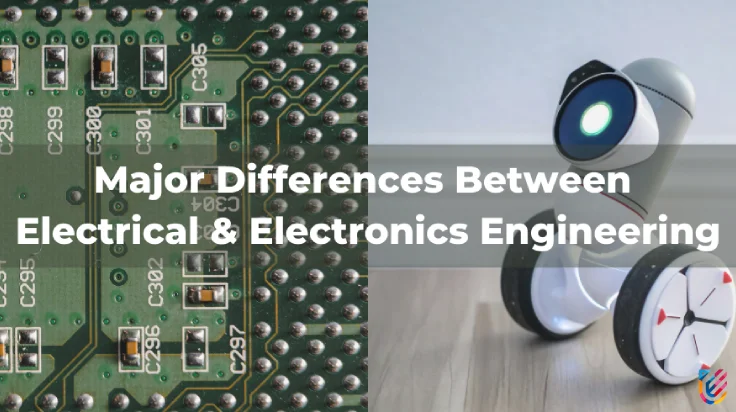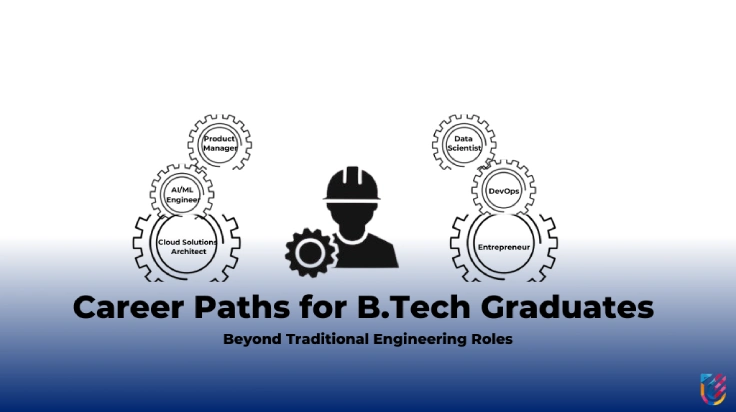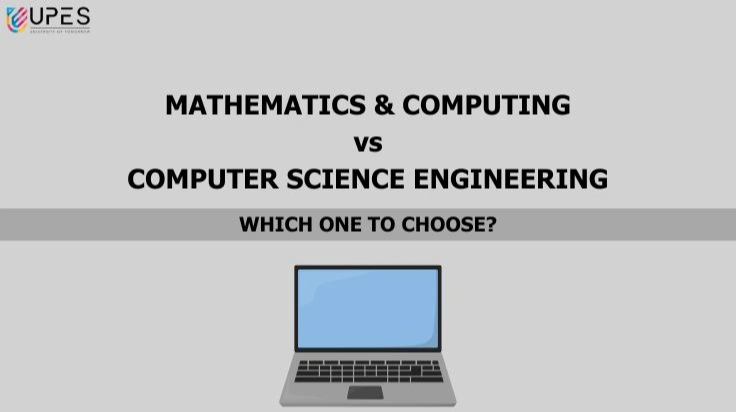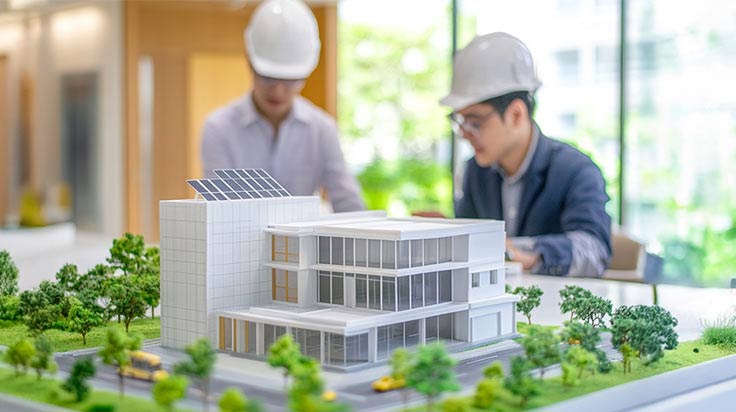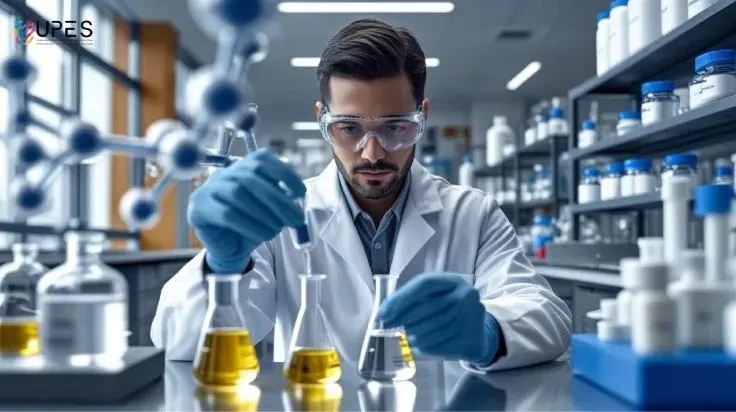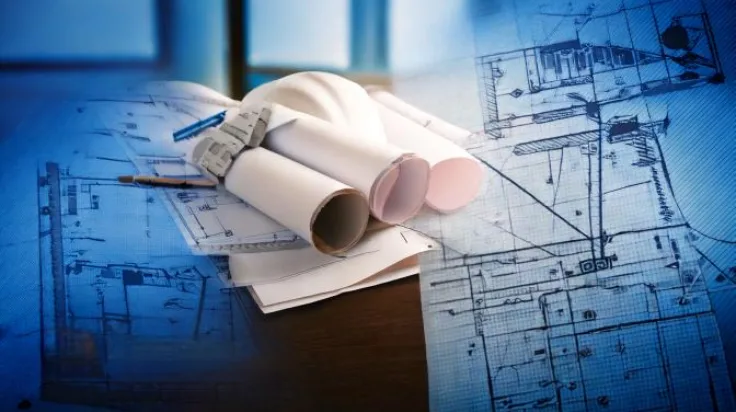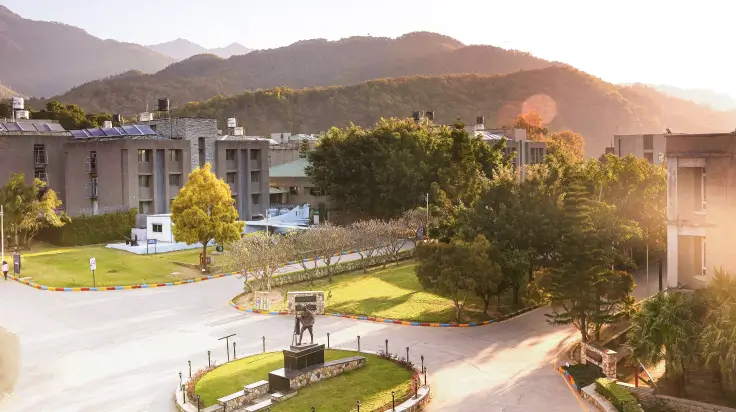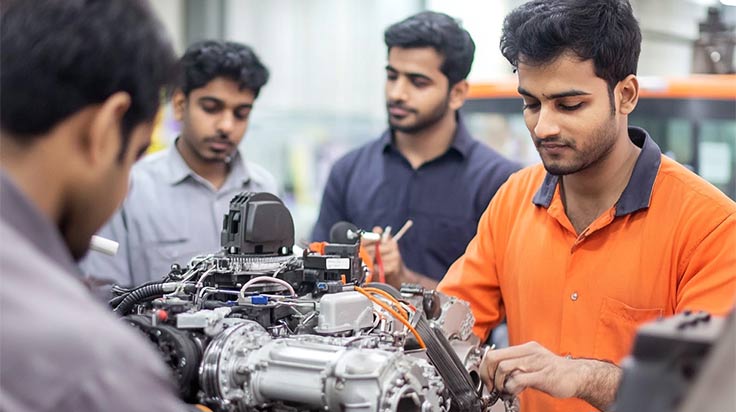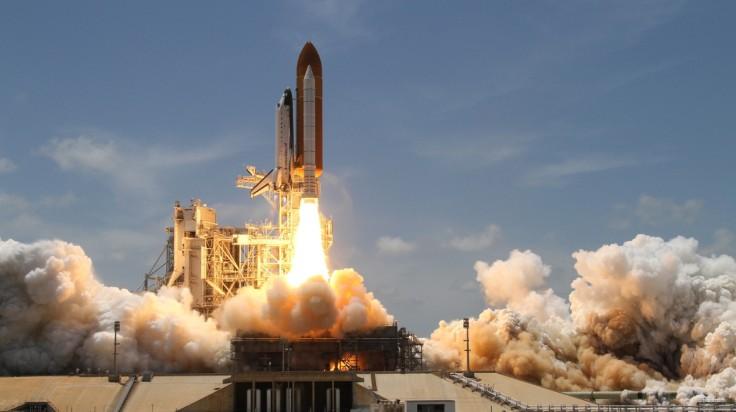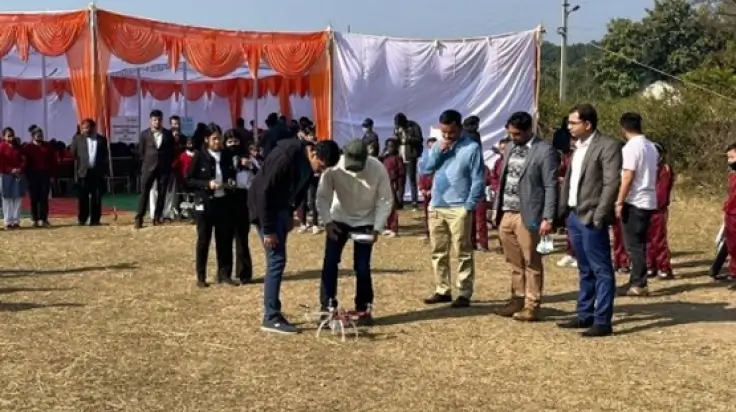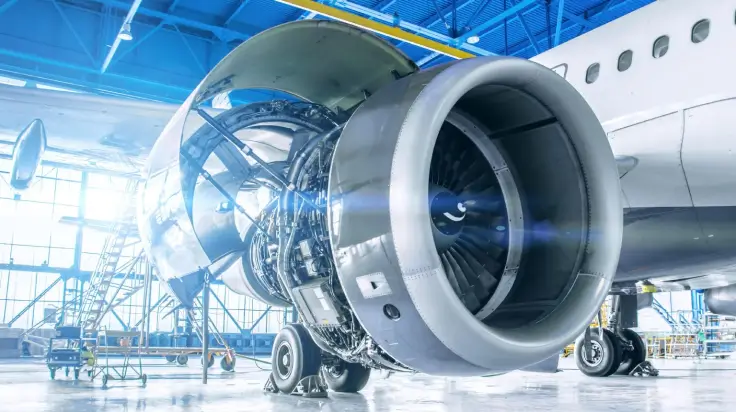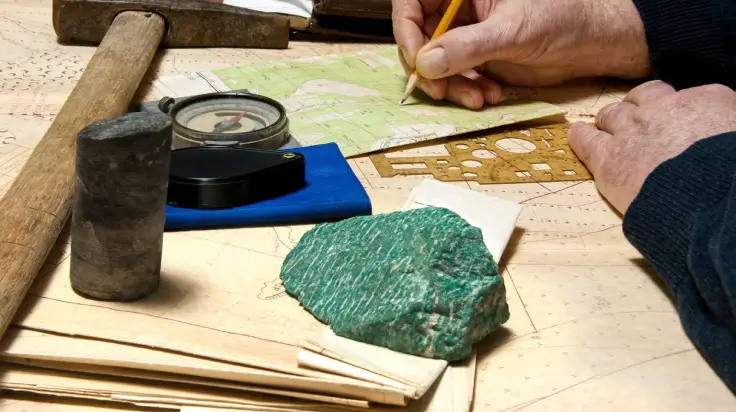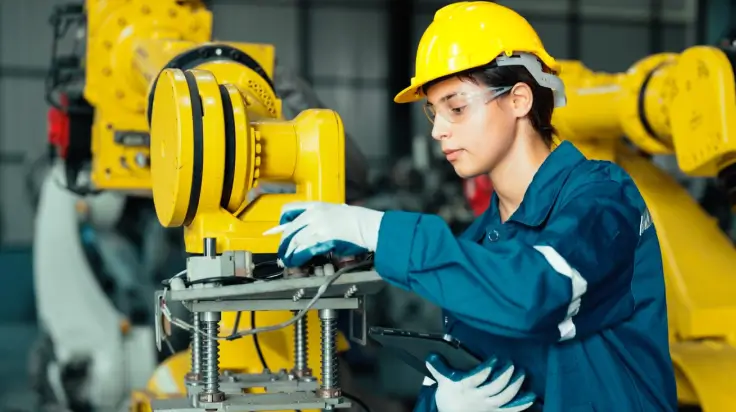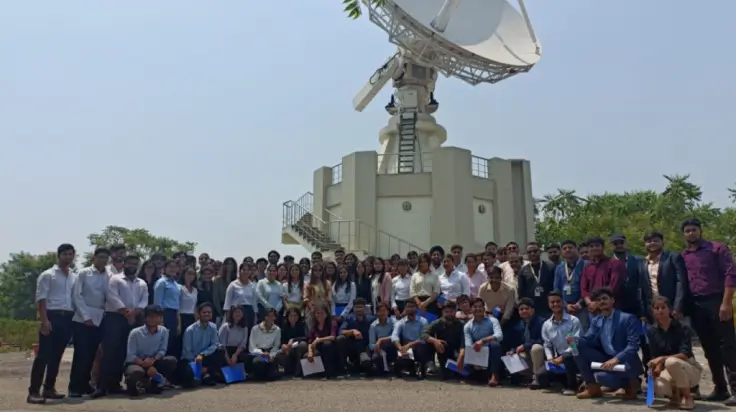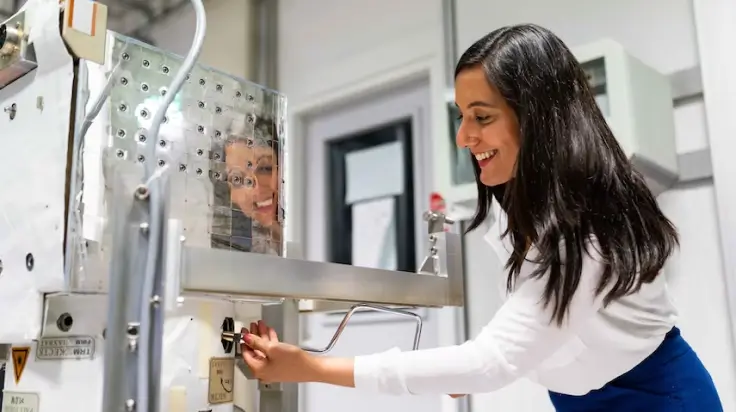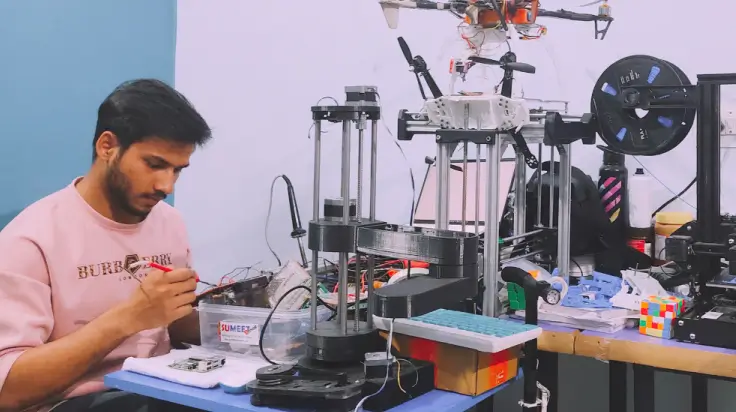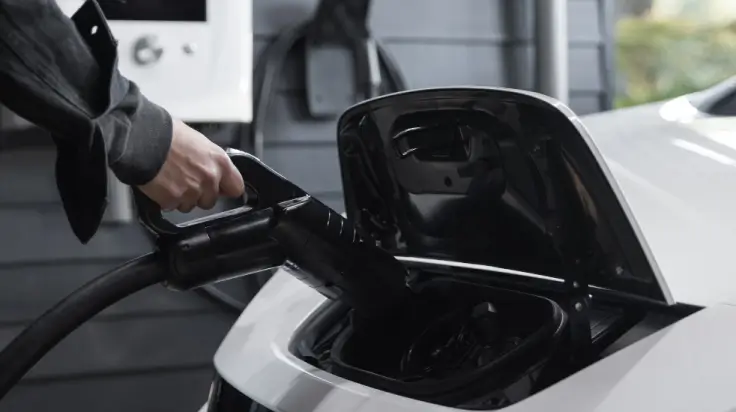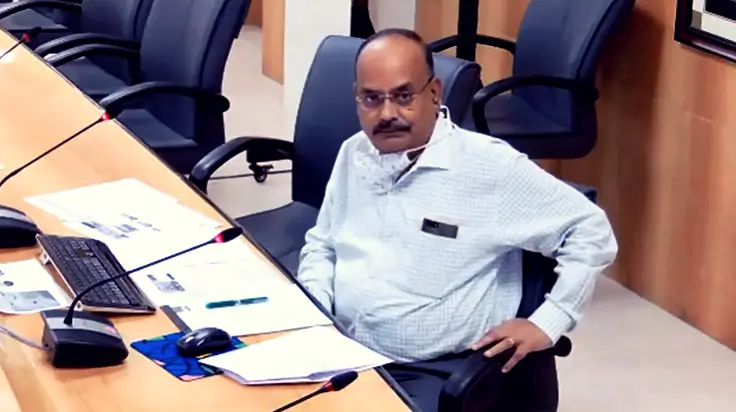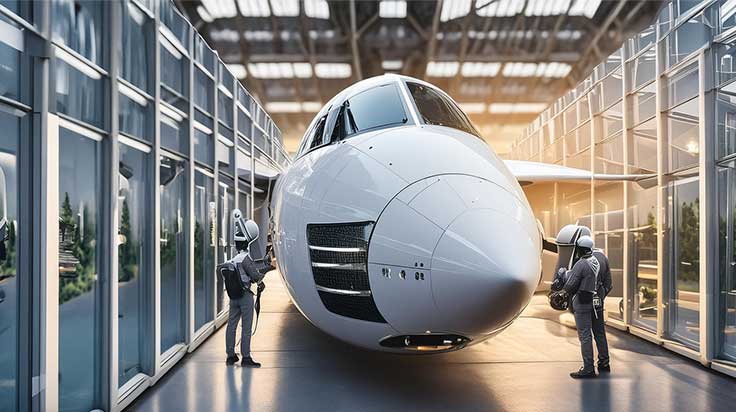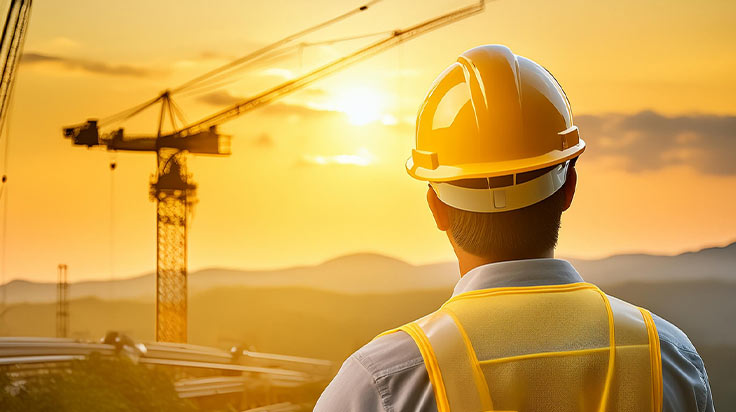Emerging jobs for aerospace engineering graduates
- By a Correspondent
- Published 18/03/2021

Aerospace engineering has two sub-branches, aeronautical engineering that focuses on flying machines within the atmosphere, and astronautical engineering that covers everything beyond the earth’s atmosphere
Aerospace engineering involves designing, developing, and maintaining aircrafts and spacecrafts. One of the toughest and exciting branches of engineering also involves testing missiles, rockets, and weapon systems. Aerospace engineering has two sub-branches, aeronautical engineering that focuses on flying machines within the atmosphere, and astronautical engineering that covers everything beyond the earth’s atmosphere.
In India, the aerospace and defence market is on a high-growth trajectory. The increase in domestic air travel and support from the government has significantly contributed to this growth. The aerospace industry has also experienced a renewed push with ISRO’s space exploration endeavours. From government organisations to private and public airline services, aircraft manufacturing units, and even defence—aerospace engineers are in high demand.
A full-time course in aerospace engineering in India teaches students to develop and design innovative technologies for aircraft and spacecraft, ways to make flights safer, more economical, fuel-efficient, and environment friendly, among other things. It’s an exciting time to be an aerospace engineer and chart a thrilling career, both in India and abroad. Take a look at the five job roles that an aerospace engineering can pursue.
Aerospace engineers: If you like designing and building flying machines, then this is the right choice for you. As an aerospace engineer, your primary task will be to design, test, and develop aircrafts and spacecrafts. This job role entails working in large teams. Some of the government agencies that hire aerospace engineers are National Aeronautical Laboratory, Civil Aviation Department, Hindustan Aeronautics Limited, Defence Research and Development Laboratory. Apart from this, aerospace engineers are also needed in private airlines and the defence industry.
Flight Technicians: The main task of flight technicians is to maintain, construct, and regularly test the operating systems of the aircrafts. Flight technicians are in charge of making sure the aircrafts and the control systems are operating smoothly. Not just testing, technicians are also supposed to repair the equipment being used. They are needed by aerospace and aviation manufacturers and airlines, as well as in research teams.
Avionics Engineers: An avionics engineer designs and programs electrical systems used on an aircraft, spacecraft, and satellites. They help provide support for all communication, navigation, and guidance systems, and also tests them to ensure they are working properly.
Satellite and space research: Today, satellites play an important role in ensuring our lives run smoother and better. They are used for GPS navigation, long-distance communications, to predict the weather, monitor global temperatures, and much more. And space exploration in India has been revived with successful launches of Mangalayan and Chandrayan. As graduates of aerospace engineering, you can chart a successful and interesting career as part of research teams in both these areas.
UAV Pilot: Unmanned aerial vehicles are aircrafts without a pilot on board. It is operated remotely from an unmanned aircraft system comprising a ground-based controller and a system of communications between the pilot and the UAV. In the last few years, UAVs have become one of the most prominent emerging technology impacting almost all sectors. Today, the Indian government is using UAVs for assessing natural disasters, inspecting railways, detect illegal mining, etc.
You can also choose to keep studying further and get a Master’s degree. UPES offers M.Tech in Computational Fluid Dynamics as well as a PH.D. The university’s School of Engineering encompasses an array of courses in aerospace engineering with a variety of specializations to choose from. The courses have been co-developed by industry partners and help students gain specialized knowledge and practical skills. The multidisciplinary and holistic learning approach of UPES moulds students to be future-focused and ready to face the challenges of the world. With international internship opportunities and a high placement record, UPES is setting a new benchmark in the field of engineering studies in India.
By a Correspondent
The writer is a correspondent from the UPES editorial team
Tags
- aerospace engineering graduates
- upes school of engineering
UPES Admission Enquiry
Subscribe to UPES Blogs
Join our community for exclusive stories, insights, and updates
By clicking the "Subscribe" button, I agree and accept the privacy policy of UPES.










